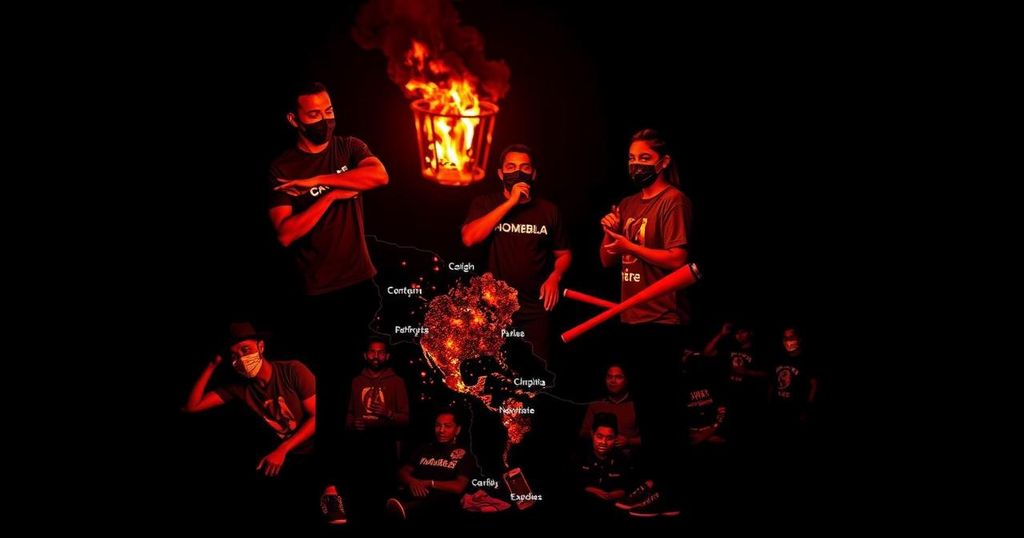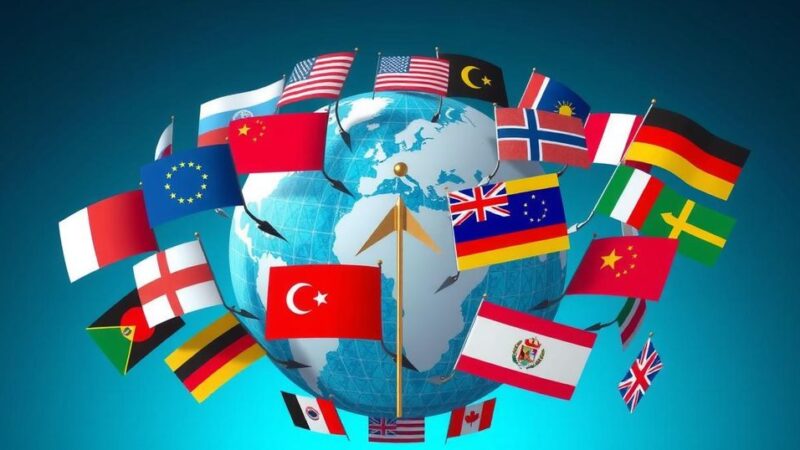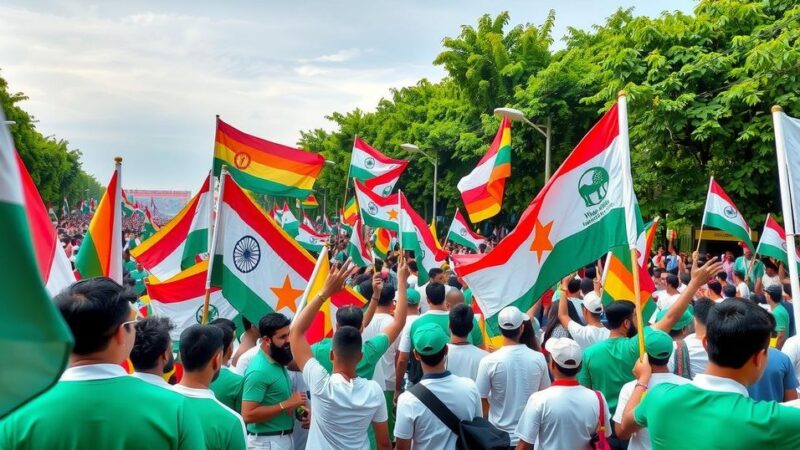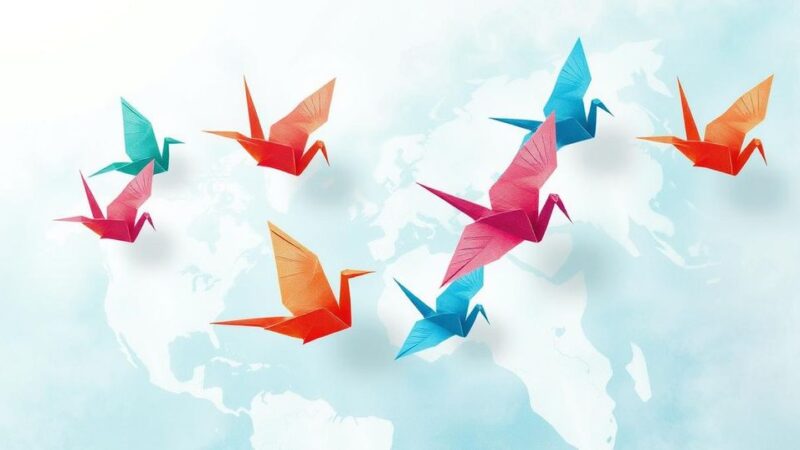Social media platforms have been disabled in Mozambique to prevent communication amid a nationwide strike prompted by protests against disputed election results. Citizens have faced significant restrictions since the election, with reports of violence and casualties surfacing post-election.
Social media services in Mozambique have been suspended amidst a national strike, following widespread protests challenging the official results of the recent general elections held on October 9. Reports from NetBlocks, a global internet monitoring organization based in London, indicate that citizens are experiencing significant disruptions as platforms such as Facebook, WhatsApp, and Instagram have become inaccessible as of Thursday. According to NetBlocks, these restrictions were put in place in relation to a call by opposition leaders for a weeklong strike.
The backdrop of this situation involves the controversial announcement of the election results, wherein the ruling Frelimo party’s candidate, Daniel Chapo, was declared the victor with 71% of the vote. This announcement, made on October 24, incited a wave of protests led by opposition figures like Venancio Mondlane, who garnered only 20% of the vote. The unrest has been marked by violent police responses; Human Rights Watch has documented that at least 11 individuals lost their lives during these events, with over 50 others injured within a span of days following the elections. Furthermore, a temporary internet blackout was instituted shortly after the declaration of the results, leading to what NetBlocks described as near-total disruption to mobile internet services in Mozambique.
In summary, the current situation in Mozambique reflects a tense political environment following contested election results. The imposition of social media restrictions has further complicated communication among citizens, coinciding with a significant increase in civil unrest and governmental repression. As protests continue, the implications for public discourse and individual rights remain under scrutiny.
Original Source: www.aa.com.tr






